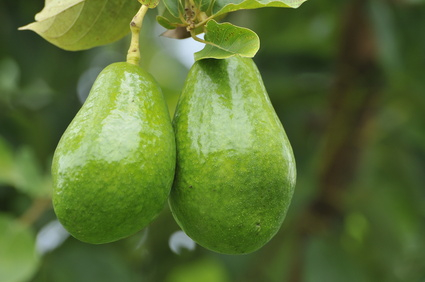The vital first steps to cancer recovery
Of the two million people who live with and beyond cancer, Macmillan Cancer Support estimates that 1.6 million take very little exercise post-treatment. ‘Regular physical activity is fundamentally important; it has a major impact on the speed of recovery after cancer treatments as well as improving the chance of long-term and fulfilling survival,’ says Professor Robert Thomas, consultant oncologist at Bedford and Addenbrooke’s Hospitals. Exercise is safe to do at an appropriate pace, can help boost energy after treatment, and can reduce side effects such as anxiety, depression and impaired mobility. Macmillan has designed a new Get Active, Feel Good DVD, featuring a gentle exercise-to-music programme. It is available free in UK branches of Boots, where specially trained Boots Macmillan Information Pharmacists can offer advice on keeping active and help connect people to local cancer support – to find your nearest one, or for more information, visit www.boots.com/cancer.
10 OF THE BEST SUPERFOODS
Cosmetic doctor Rabia Malik, who specialises in treating skin problems holistically without surgery, drugs or fillers, gives all her patients a list of complexion-boosting foods (visit www.skinw1.com). These superfoods are great for quick meals in the summer and all year round.
 • Avocado - your best nutrient-dense foodie weapon in the fight against wrinkles, avocado is full of good fats, vitamins and potassium.
• Avocado - your best nutrient-dense foodie weapon in the fight against wrinkles, avocado is full of good fats, vitamins and potassium.
• Shellfish, such as oysters, crab and scallops - a good source of zinc, which helps skin renewal and repair.
• Salmon, preferably wild - one of the best sources of anti-inflammatory omega-3 fatty acids, which help keep skin supple, moisturised and calm, salmon also contains selenium, which helps protect skin from sun exposure. Other omega-3-rich fish are mackerel, trout, herrings and sardines.
• Spinach and other dark green leaves - rich in vitamins B, C and E, potassium, calcium, iron,magnesium and omega-3 fats.
• Watercress: full of vitamins A and C, watercress is also a natural antibiotic that helps to heal blemishes.
• Tomatoes: best eaten cooked, tomatoes contain the anti-ageing antioxidant lycopene – other good sources of lycopene include papaya, watermelon and pink grapefruit.
• Sweet potato: this nutritious vegetable is packed with antioxidants, including vitamin A, as well as minerals and fibre (a healthy digestive system really shows in your skin).
 • Blueberries: ranked top for antioxidant US Department of Agriculture, blueberries are great for the skin, and also help to keep the brain and heart healthy.
• Blueberries: ranked top for antioxidant US Department of Agriculture, blueberries are great for the skin, and also help to keep the brain and heart healthy.
• Kiwi fruit: loaded with collagen-supporting vitamin C and other antioxidants to keep skin firm and help prevent wrinkles.
• Walnuts: rich in magnesium, vitamin B-6, iron and calcium, walnuts are also a good source of omega-3 fats.
WHY YOU SHOULD GO WITH YOUR GUT
 Here’s a paean to probiotics, the ‘good’ bugs in your gut. I had a really uncomfortable bloated tummy for a few days, probably due to a bit too much sugar, but taking the recommended two capsules of Mega Probiotic-ND after breakfast solved the problem almost immediately, so I’ve now gone back to taking this useful supplement daily. Mega Probiotic-ND/£18.50 for 60 capsules, from www.victoriahealth.com - buy here.
Here’s a paean to probiotics, the ‘good’ bugs in your gut. I had a really uncomfortable bloated tummy for a few days, probably due to a bit too much sugar, but taking the recommended two capsules of Mega Probiotic-ND after breakfast solved the problem almost immediately, so I’ve now gone back to taking this useful supplement daily. Mega Probiotic-ND/£18.50 for 60 capsules, from www.victoriahealth.com - buy here.
A SOAK FIT FOR A SUPERSPA
I recently visited the refurbished Thermae Bath Spa, and taking the mineral-rich waters, which emerge from the ground at 46C, is wonderfully soothing. It’s so relaxing that on a Friday evening young workers in Bath often hang out at the spa instead of at the pub, I’m told. One 70-year-old visitor recovering from back surgery told me her experience, which was a birthday present, had been ‘absolutely fantastic’. After lolling in the waters, a two-hour session – which costs £26 – leaves plenty of time to sit in the steam rooms. You can also book a spa treatment; I loved Pevonia Lumafirm Body Firm & Glow from that natural brand. Thermae Bath Spa/0844-888 0844 or visit www.thermaebathspa.com.
